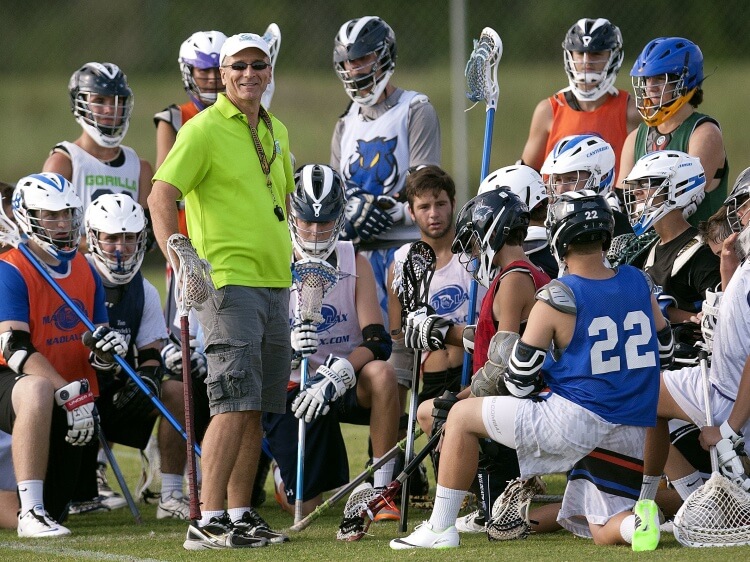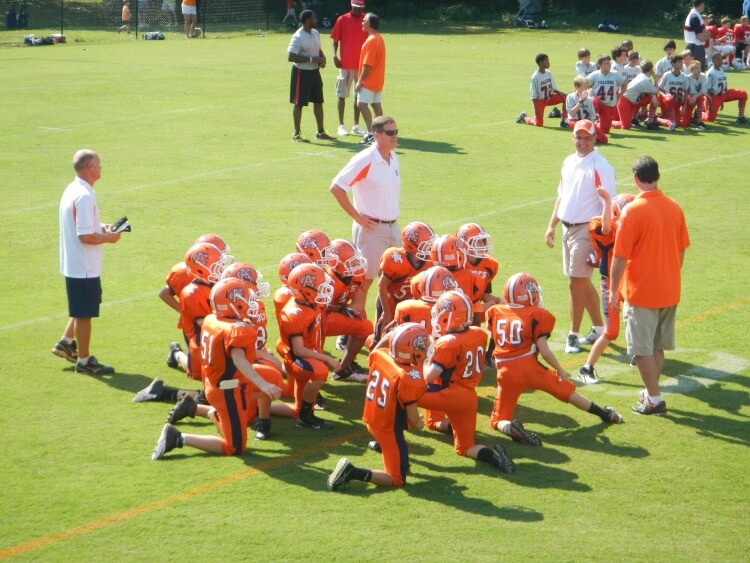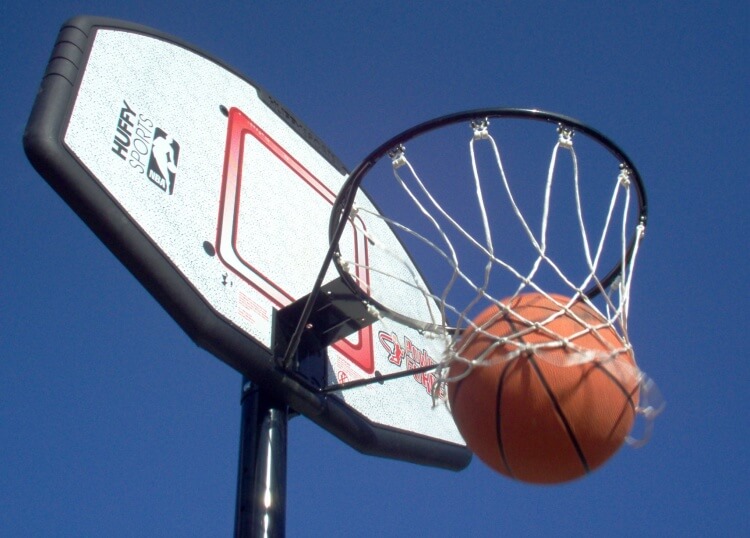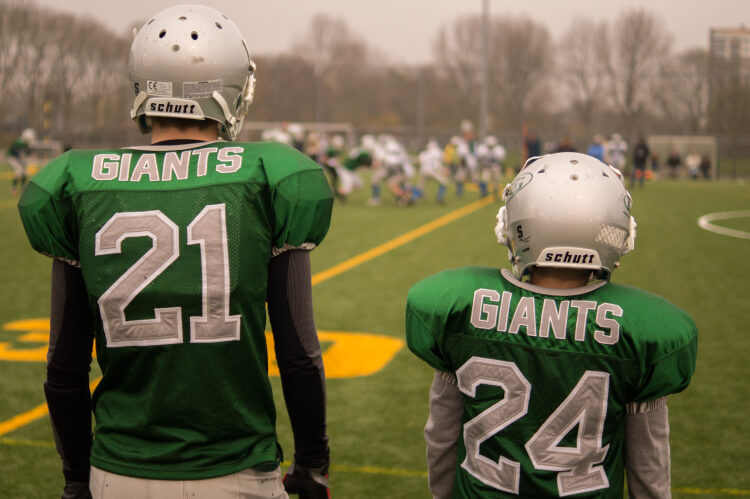For the past five years beginning in May of 2011, I’ve been writing a series on Psychological Skills Training for pelinks4u.org (now pheamerica). I’ve shared ideas about how to train athletes and coaches to be mentally tough.
This past fall I took a sabbatical from my university teaching job and worked full-time with our school’s athletic coaches and athletes. In trying to assist coaches and athletes improve their mental toughness I applied a lot of what I’d written. In this essay I’m going to share some of the lessons I learned.

Lessons Learned






